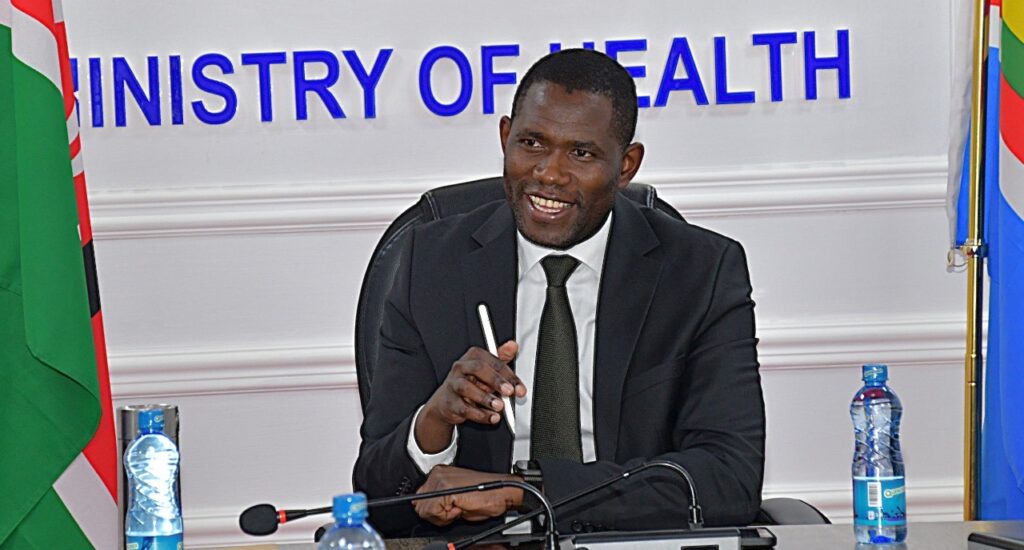Kenya has reaffirmed its commitment to strengthening the fight against HIV and tuberculosis (TB) through deeper collaboration with the U.S. President’s Emergency Plan for AIDS Relief (PEPFAR) ahead of the upcoming Country Operational Plan 2025 (COP25).
In a high-level meeting, officials reviewed progress made in tackling the dual epidemics while outlining a roadmap to accelerate gains towards epidemic control. The discussions focused on aligning donor-supported programs with Kenya’s broader health agenda, particularly through integration into primary health care systems.
A central theme of the dialogue was Kenya’s shift from reliance on vertical, donor-driven programs toward sustainable, country-owned models of response. The new strategy emphasizes embedding HIV and TB services within primary health care facilities to ensure accessibility, efficiency, and long-term resilience. By reducing duplication and optimizing resources, Kenya aims to strengthen its health system while maintaining progress against the two diseases.
Priority areas for COP25 include expanding prevention programs, particularly targeting adolescent girls, young women, and other high-risk groups who remain disproportionately affected. Kenya is also preparing for the 2026 introduction of long-acting pre-exposure prophylaxis (LENPrEP), a breakthrough preventive measure that is expected to significantly reduce new infections.
The Kenyan health leadership underscored that epidemic control is not merely about short-term interventions but about achieving sustainable containment. This means building integrated systems that can address HIV and TB as part of a wider health response rather than through fragmented, parallel programs.
County governments, national agencies, and global partners agreed on the importance of strong coordination and shared accountability to sustain momentum. Strengthening data systems, scaling community-led initiatives, and ensuring consistent financing were also identified as critical elements for success.
Kenya’s collaborative approach under COP25 marks a strategic evolution in its HIV and TB response. By combining prevention innovation, integrated service delivery, and inclusive partnerships, the country seeks not only to control the epidemics but also to create a more resilient health system capable of addressing future challenges.
As COP25 draws closer, the renewed partnership signals Kenya’s determination to advance epidemic control while safeguarding the health and well-being of its citizens.

